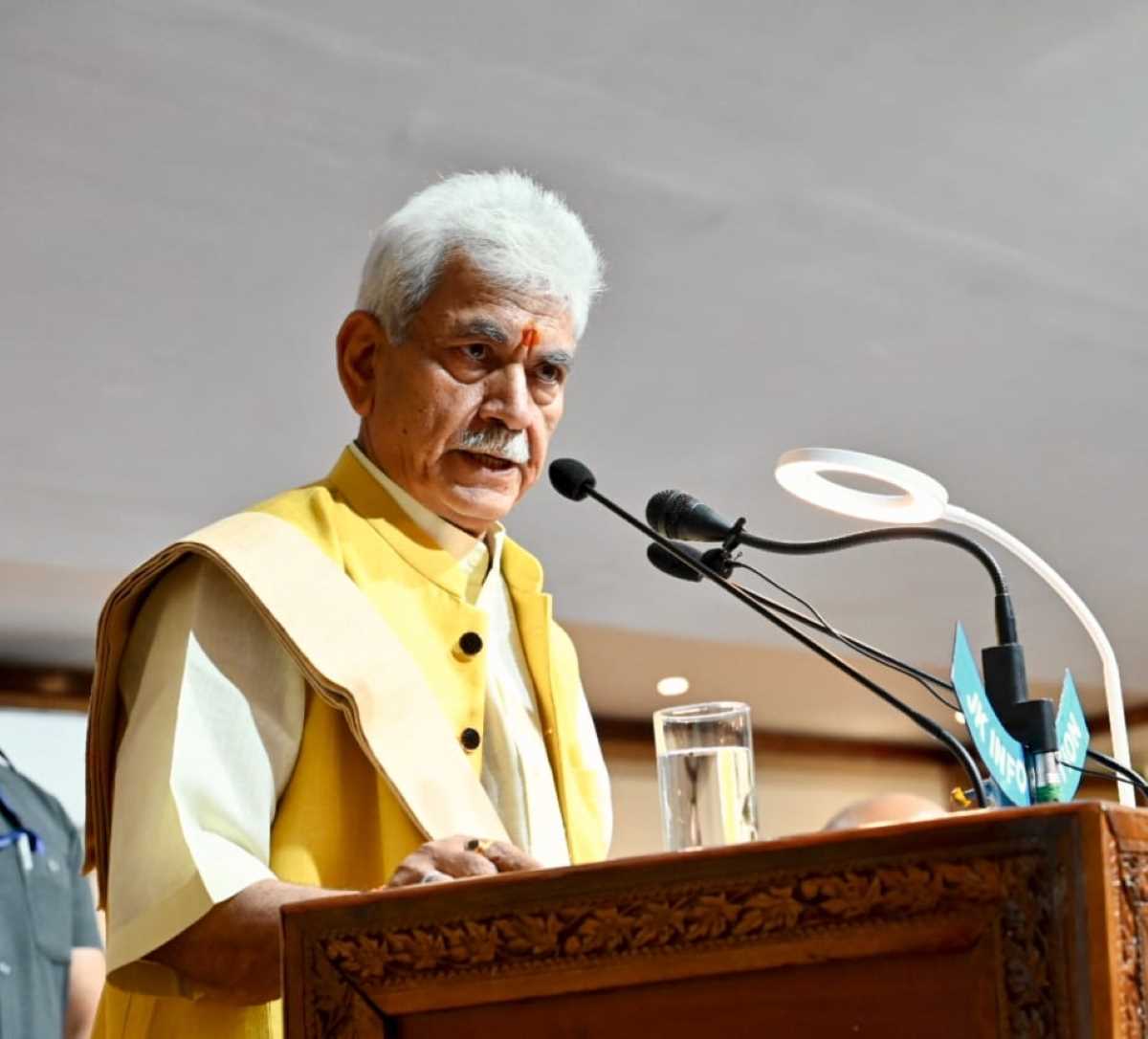
Often considered as the pioneer of the science of political economy, Smith is extolled as the author of the book ,An Inquiry into the Nature and Causes of the Wealth of Nations (1776), which is generally recognized as the first methodical and systematic examination of the economic forces in Europe leading to capitalism in the eighteenth century.
The "Wealth of Nations" is partly a yesteryear of the European economics and partly a characterization of the state of fudge together and trade in Smith's era. Delineating in detail the reasons for the disruption and disintegration of the antique Europe and the growth of the newly materializing world of industry, Smith submitted recommendations for achieving accelerating economic progression in present day assets.
His backing of exemption of government restriction of the economic process,appealed to the individualistic consciousness of Europe's rising capitalist class.
Adam Smith was also known among his contemporaries as a prominent and pioneer moral philosopher. His study of ethics, particularly as revealed in The Theory of Moral Sentiments , proved successful in spelling out the attributes of moral behavior in an age when traditional religious teachings were being replaced by materialistic values.
The Theory of Moral Sentiments got widely praised for its acumen into the mental processes of human behaviour.
Smith was born in the seaport town Scotland. His father, a import taxes official, died shortly before his birth, and he was raised by his mother, Smith got enrolled in the University of Glasgow, there becoming favourite student of Francis Hutcheson, whose coaching of philosophy incredibly influenced Smith.
Smith left the University of Glasgow in 1740 and enrolled at Oxford, remaining there for seven years. He moved to Edinburgh in 1748 at the recommendation of Lord Henry ,who had invited him to deliver a series of lectures there. It is often took that Smith updated many of these lectures, during his ensuing teaching career at the University of Glasgow, first as a professor of logic ,later as a professor of moral philosophy.
At University of Glasgow, Smith not only coached conventionalities but also conscientiously studied the attitude of the of government and the law. His study of legislation led him to wrap up that economic autonomy was a fundamental and a basic human right, a theme he accentuated upon in The Wealth of Nations.
Writer is a Student at SMVDU Katra Persuing M.sc in economics

Often considered as the pioneer of the science of political economy, Smith is extolled as the author of the book ,An Inquiry into the Nature and Causes of the Wealth of Nations (1776), which is generally recognized as the first methodical and systematic examination of the economic forces in Europe leading to capitalism in the eighteenth century.
The "Wealth of Nations" is partly a yesteryear of the European economics and partly a characterization of the state of fudge together and trade in Smith's era. Delineating in detail the reasons for the disruption and disintegration of the antique Europe and the growth of the newly materializing world of industry, Smith submitted recommendations for achieving accelerating economic progression in present day assets.
His backing of exemption of government restriction of the economic process,appealed to the individualistic consciousness of Europe's rising capitalist class.
Adam Smith was also known among his contemporaries as a prominent and pioneer moral philosopher. His study of ethics, particularly as revealed in The Theory of Moral Sentiments , proved successful in spelling out the attributes of moral behavior in an age when traditional religious teachings were being replaced by materialistic values.
The Theory of Moral Sentiments got widely praised for its acumen into the mental processes of human behaviour.
Smith was born in the seaport town Scotland. His father, a import taxes official, died shortly before his birth, and he was raised by his mother, Smith got enrolled in the University of Glasgow, there becoming favourite student of Francis Hutcheson, whose coaching of philosophy incredibly influenced Smith.
Smith left the University of Glasgow in 1740 and enrolled at Oxford, remaining there for seven years. He moved to Edinburgh in 1748 at the recommendation of Lord Henry ,who had invited him to deliver a series of lectures there. It is often took that Smith updated many of these lectures, during his ensuing teaching career at the University of Glasgow, first as a professor of logic ,later as a professor of moral philosophy.
At University of Glasgow, Smith not only coached conventionalities but also conscientiously studied the attitude of the of government and the law. His study of legislation led him to wrap up that economic autonomy was a fundamental and a basic human right, a theme he accentuated upon in The Wealth of Nations.
Writer is a Student at SMVDU Katra Persuing M.sc in economics
© Copyright 2023 brighterkashmir.com All Rights Reserved. Quantum Technologies